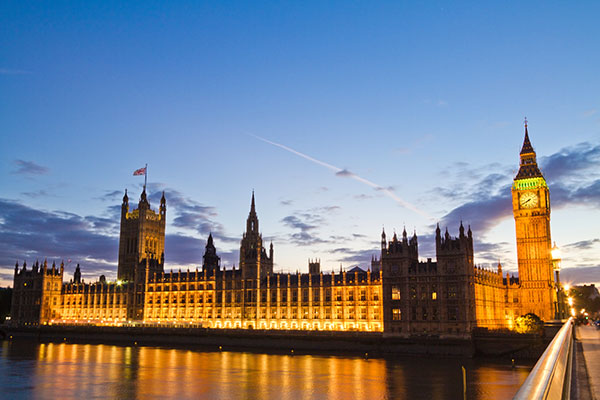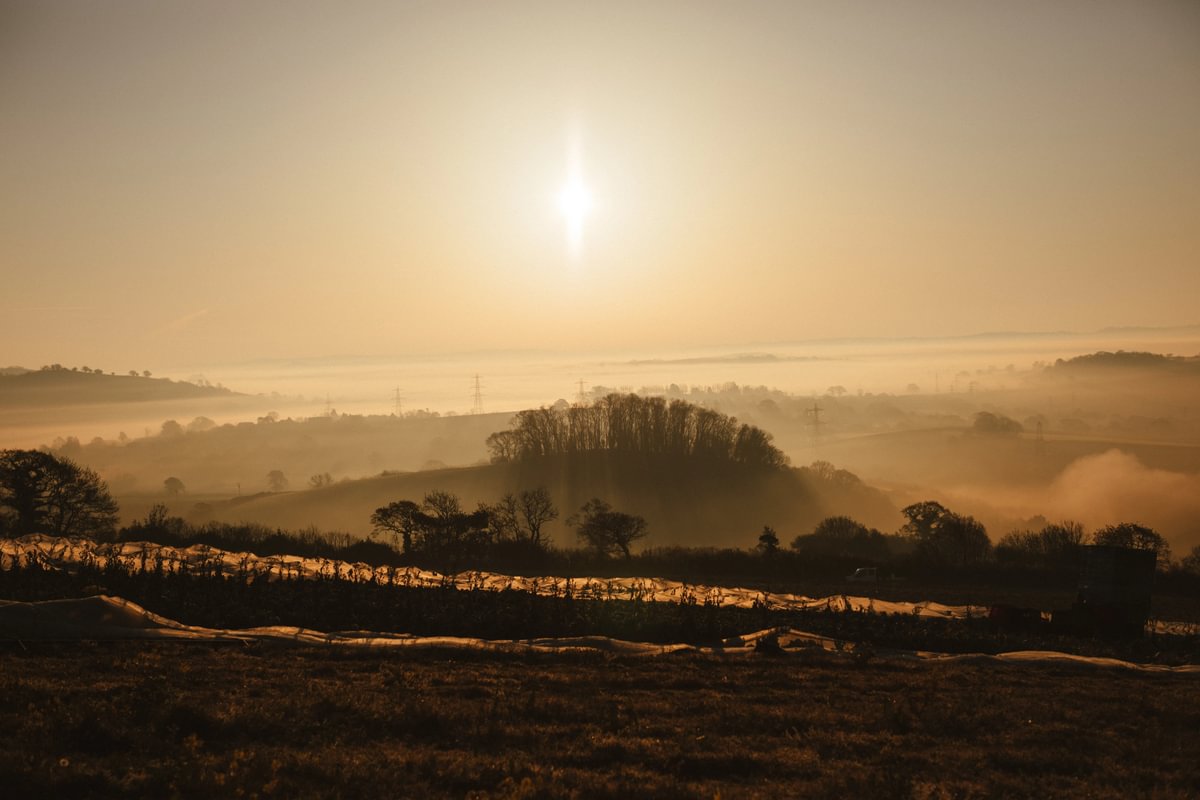Action on the climate crisis has become central to the 2019 election campaign, with all major parties vastly expanding the scope of their ambition to protect the environment.
There’s been a bidding war on tree planting numbers, with 2 billion, 700 million, 60m and 30m trees pledged by Labour, the Greens, Lib Dems and Tories respectively.
There was the pledge to end fracking “until there is evidence it can be done safely” by the Conservatives, bowing down to years of fierce environmentalist pressure.
And perhaps most dramatically, there was a no-show by party leaders Boris Johnson and Nigel Farage at Channel 4’s Climate Debate, with the pair instead replaced by melting ice sculptures.
The tone of the campaign reflects public pressure for government to act on the environment with intensity never before seen in UK politics. A YouGov poll at the beginning of the election period listed climate change as the fourth most important issue, with 25 per cent of Brits placing it in one of their top three, up from the eight per cent recorded at the same point in the 2017 election.
Eating habits have themselves become part of the climate debate, with the Intergovernmental Panel on Climate Change (IPCC) calling for people to “buy less meat, milk, cheese and butter and eat more locally-sourced seasonal food”.

Due to the close connection between food, farming and the climate, these policies are interlinked, as well as being important in their own right, covering farm subsidies, support for agroecological farming, food security, and local food economies.
On food, farming and the environment, the top four parties are, however, promising very different agendas and timetables. Here is a round up of their headline manifesto pledges on all three areas:
Conservative:
- Leave the EU by January 2020, and with it the Common Agricultural Policy funding programme for farming. Farmers will have to ‘enhance the natural environment’ to receive funding under the ‘public money for public goods’ policy.
- Set up an ‘Office for Environmental Protection’, funded by a £640m ‘Nature for Climate Fund’.
- Net zero emissions by 2050.
- Establish a new £500m Blue Planet Fund to protect oceans from plastic.
- Ban the export of plastic waste, making producers responsible for their waste.
- Invest £9.2bn in the energy efficiency of homes.
- Increase the annual quota for the Seasonal Agricultural Workers Scheme from 2,500 to 10,000.
- No changes to the Hunting Act.
Read the full Conservative manifesto here.
Labour:
- Renegotiate with the EU and put a new deal to referendum. Campaign against no-deal, and ensure ‘dynamic alignment’ with EU’s environmental standards.
- Restructure the economy to end inequality, tax higher earners, repair and fund public services and kickstart a Green Industrial Revolution.
- Establish a ‘Right to Food’ to tackle food poverty and a National Food Commission to ensure this.
- Make food security a reason to intervene in the economy and work with local councils to minimise food waste.
- Introduce free school meals for all primary school children.
- Re-establish the Agricultural Wages Board to regulate farm worker pay.
- Aim for net zero energy emissions by 2030.
- Achieve net-zero-carbon food production by 2040.
- Encourage new onshore wind farms and fund green energy schemes.
- Introduce a ‘windfall tax’ on oil firms as a means of funding social reform – which accounts for previous carbon damage.
- End the sale of petrol and diesel car sales by 2030.
- Maintain agricultural and rural structural funds to ‘support environmental land management and sustainable methods of food production’.
Labour’s full manifesto can be found here.
Liberal Democrats:
- Campaigning to stay within the EU either by revoking Article 50 or backing a People’s Vote.
- Introduce a National Food Strategy, supporting sustainable food and rewilding projects.
- Net zero greenhouse gas emissions by 2045.
- Require all companies registered in the UK and listed on UK stock exchanges to set targets consistent with the Paris Agreement on climate change.
- Generate 80 per cent of electricity from renewables by 2030.
- Reforming the taxation of international flights to focus on those who fly the most.
- Ban on non-recyclable single-use plastics.
- ‘Nature Act’ – legally binding environmental protections £18bn of funding over five years.
- Work with the EU to ensure future trade agreements require ‘high environmental and animal welfare standards’.
- Ban on caged hens.
Read the full Lib Dem manifesto here.
Green Party:
- Pro Remain and co-founder of the People’s Vote movement.
- Subsidies for sustainable farming including organic, and grants for transitioning towards agroecological farming.
- Provide farming grants to allow replacement of old machinery with ‘low carbon’ alternatives.
- Ending the use of land as a ‘tax shelter’ – encouraging new, green farmers.
- Support transition to a plant-based diet with a tax on meat and dairy products over the next 10 years.
- Establishment of a Land Commission to oversee farming ‘systems, economies and cultures’.
- Reduce pesticide and fungicide use by at least 50 per cent by overall weight by 2022.
- £100bn a year for a decade to tackle climate change and make Britain carbon neutral by 2030.
- Banning petrol and diesel car sales by 2030.
- Banning the construction of nuclear power stations.
- Aim for 50 per cent of all farms to be engaged in agroforestry (growing trees on farmland) by 2030.
Read the full Green Party manifesto here.










0 Comments